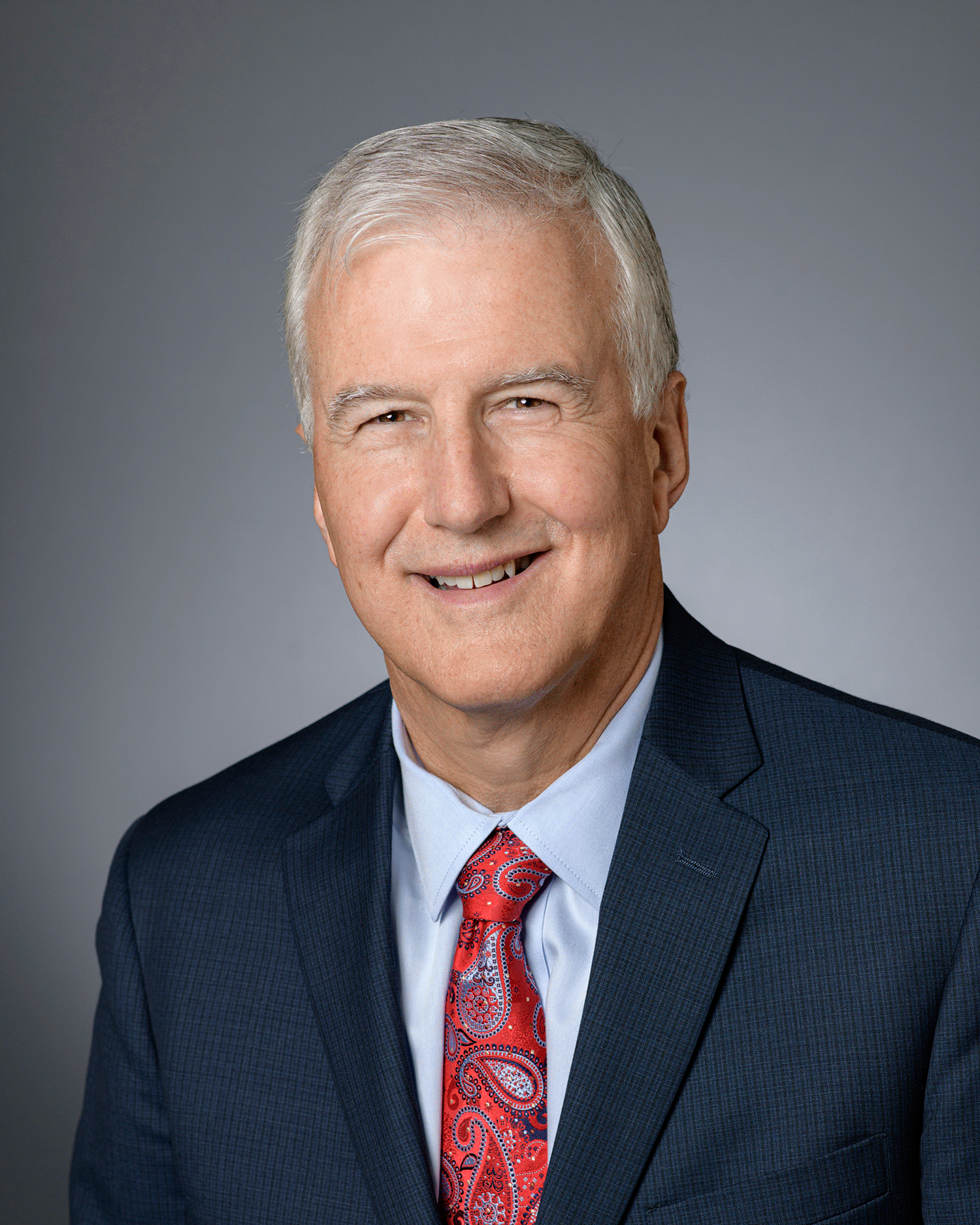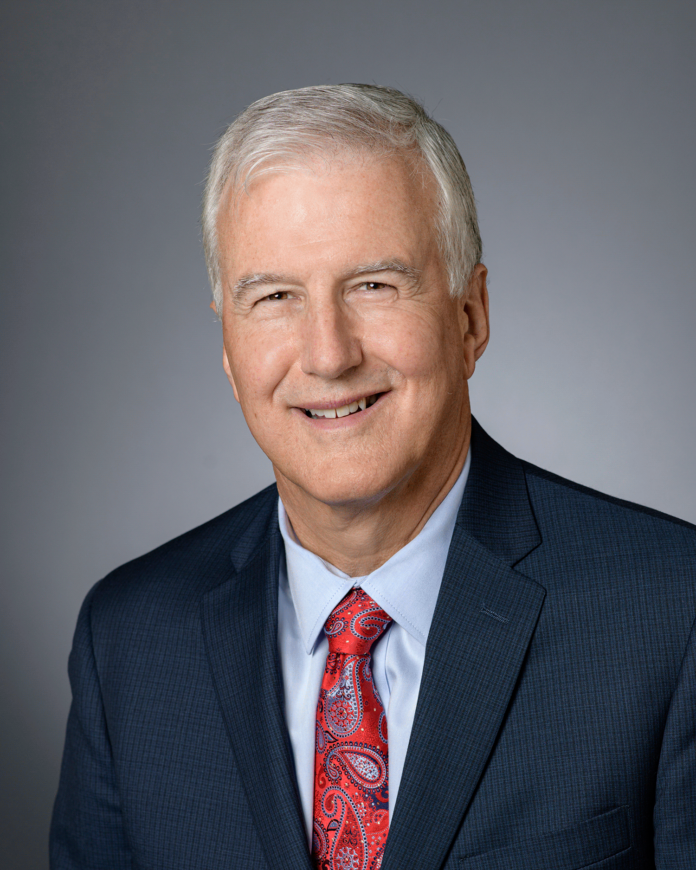Social Impact Heroes: How Dr. William G. Cance and the American Cancer Society are helping to address the global cancer burden

…For one, we need to break down the silos and the empires. The problem with cancer research is that so many people and institutions want to be their own empire. We need more individual and global collaboration.
We need more funding. Think of this as defense spending: cancer is an enemy both foreign and domestic and the more we spend on its defense, the sooner we will control cancer.
We need to define a better way to allocate the resources that are available to fight cancer so they can be more effective. On one hand, we have shrinking federal dollars that has reduced funding to the National Cancer Institute, making it much more difficult for promising cancer research to be funded. On the other hand, we have multi-billion-dollar pharma-biotech deals for therapeutics that may or may not prove to be effective. We should recognize that we have a disconnect here and we need a better process. I believe that we need to think of more “out of the box” approaches to use these global resources to broaden the promising research and therapeutic programs that address cancer.
As part of our series about people making an important social impact, I had the pleasure to interview William G. Cance, M.D.. Dr. Cance, who was just selected as the American Cancer Society’s chief medical and scientific officer, will lead the integration of ACS’ Research and Cancer Control departments, unifying its intramural and extramural research; prevention and early detection; patient and caregiver support and service strategies; global cancer control; and health systems engagement programs. Before coming to ACS, Dr. Cance served as deputy director and, more recently, interim director of the University of Arizona Comprehensive Cancer Center. He has also been a professor in the Departments of Interdisciplinary Oncology, Pharmacology & Toxicology, and Surgery for the UA Colleges of Medicine and Pharmacy in Phoenix. Dr. Cance has also been an American Cancer Society grantee, holds eight patents, and has been involved in several entrepreneurial projects to bring his research advancements to market. Prior to joining the University of Arizona, Dr. Cance held leadership positions at Roswell Park Cancer Institute, the University of Florida, and the University of North Carolina. He earned his undergraduate and medical degrees from Duke University and completed his residency in general surgery at Barnes Hospital/Washington University School of Medicine and a fellowship in surgical oncology at Memorial Sloan Kettering Cancer Center. Dr. Cance will begin his new position on October 21, 2019.
Thank you so much for doing this with us Dr. Cance! Can you tell us a story about what brought you to this specific career path?
I had two formative experiences while a teenager that set me on a course to oncology. I have known I wanted to be a surgeon since 4th grade (I remember reading a book about how an appendectomy was done, and for some reason, I was hooked!) However, in 1972 I met my first mentor, Dr. Warren Cole, who had retired to Asheville, NC and was in my church. My mother and his wife were good friends and they introduced me to Dr. Cole. Dr. Cole was one of the foremost cancer surgeons and researchers of the 20th century. He did early seminal work on tumor immunology and was president of the American Cancer Society in 1960. He remained my mentor until his death in 1990.
The second formative experience included one of my dormmates at Duke as an undergraduate. John was a wild and crazy engineering student who picked on me unmercifully as a premed nerd. One day, just before Thanksgiving, he asked me to look at a lump on his foot. I protested because I had no idea about anything medical, but he insisted. I can see that golf ball-sized lump to this day. He promised me he would show a doctor over the holiday. It was a sarcoma. John was out the next semester for radiation, chemotherapy and surgery. He returned in the fall and looked fine for a while, but then he developed widespread recurrence and stayed in our dorm during treatment. We shared his journey until 2 weeks before he died. This experience put my career on a course towards cancer. I think of John almost daily and it has been over 40 years since he passed.
I have a broad diversity of experiences with cancer: I’ve worked in oncology from both the scientific and clinical aspect. I’m very interested in working toward solutions that allow us to get the cutting edge scientific and clinical discoveries to patients more quickly and cost effectively.
Can you tell me a story about a particular individual who was impacted by your cause?
I had a teenage patient whom I treated for thyroid cancer several years ago. Just this last year, her fiancé emailed me and asked me to personally present his letter of commitment to her on their wedding morning. Together, we choreographed a complete surprise for her! At the wedding, I went to sit down and her mother grabbed me and said, “You’re sitting with us.” Life doesn’t get any better than that. That’s what it’s all about.
Are there three things the community/society/politicians can do help you address the root of the problem you are trying to solve?
For one, we need to break down the silos and the empires. The problem with cancer research is that so many people and institutions want to be their own empire. We need more individual and global collaboration.
We need more funding. Think of this as defense spending: cancer is an enemy both foreign and domestic and the more we spend on its defense, the sooner we will control cancer.
We need to define a better way to allocate the resources that are available to fight cancer so they can be more effective. On one hand, we have shrinking federal dollars that has reduced funding to the National Cancer Institute, making it much more difficult for promising cancer research to be funded. On the other hand, we have multi-billion-dollar pharma-biotech deals for therapeutics that may or may not prove to be effective. We should recognize that we have a disconnect here and we need a better process. I believe that we need to think of more “out of the box” approaches to use these global resources to broaden the promising research and therapeutic programs that address cancer.
How do you define “Leadership”? Can you explain what you mean or give an example?
Always doing the right thing and always keeping your true north. Listen more than speak. Staying on an infinite path is critical. With cancer, it means we have to be better today than yesterday, and better tomorrow than today. Simon Sinek has crystallized the concept of why strong leaders need to stay on an infinite path.
“A leader is best when people barely know he exists, when his work is done, his aim fulfilled, they will say: we did it ourselves.” Lao Tzu
You are a person of enormous influence. If you could inspire a movement that would bring the most amount of good to the most amount of people, what would that be? You never know what your idea can trigger. 🙂
Addressing the global cancer burden. It’s increasing dramatically and we still have tremendous disparities in cancer care. For example, if you can’t get electricity and water to the Navajo in the U.S how are you going to get CAR-T to Africa? We have an aging population and we need to devise better ways to address the growing cancer burden.
Can you please give us your favorite “Life Lesson Quote”?
“Two roads diverged in a wood and I — I took the one less traveled by, and that has made all the difference.” Robert Frost
Is there a person in the world, or in the US whom you would love to have a private breakfast or lunch with, and why? He or she might just see this, especially if we tag them. 🙂
Simon Sinek — His TED TALK “Start With Why” and his focus on the infinite path is remarkable. ACS is, by definition, on the infinite path. We can’t get distracted by the finite issues and problems or we will lose some of our relevance and impact.
How can our readers follow you on social media?
This was very meaningful, thank you so much!


